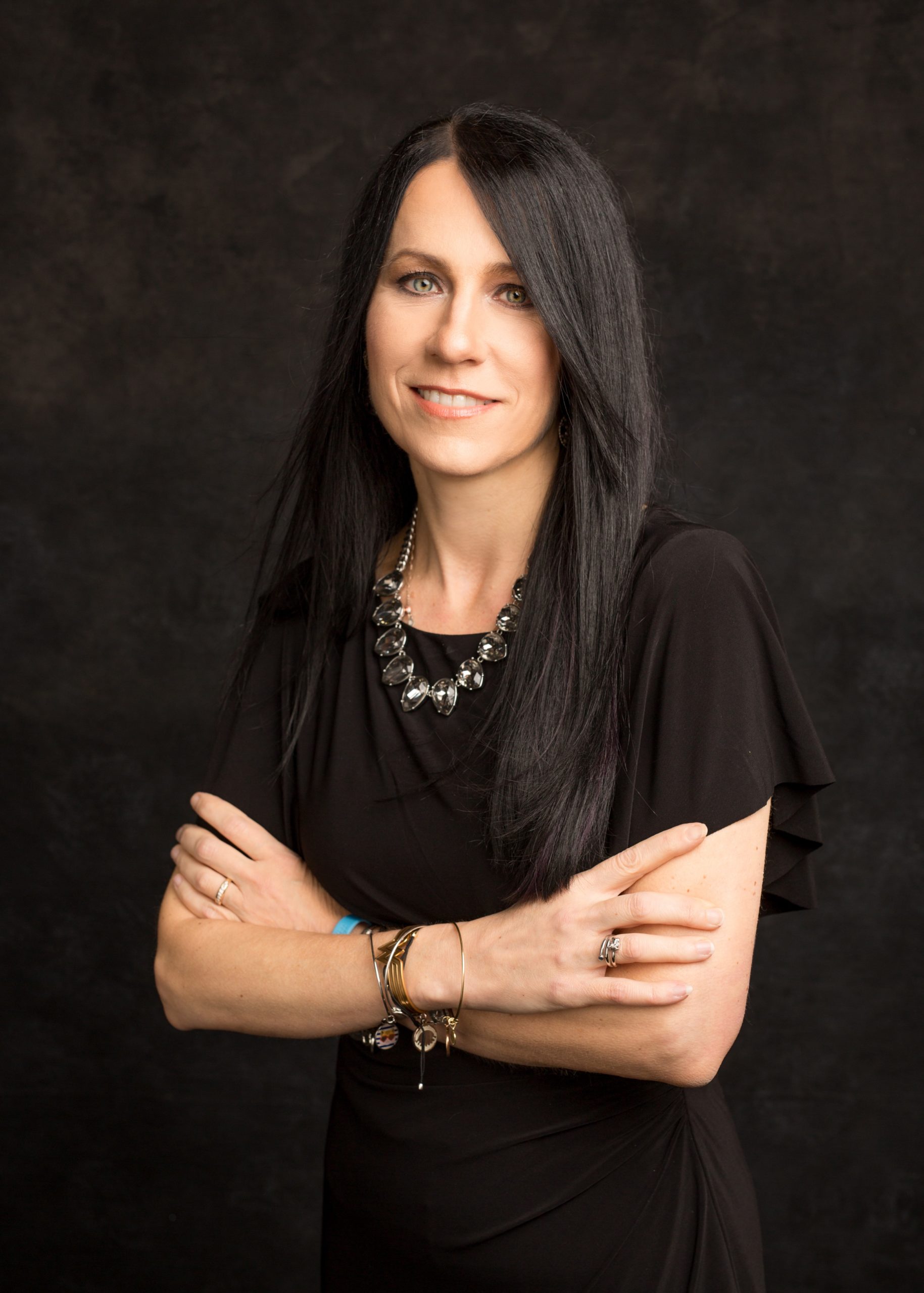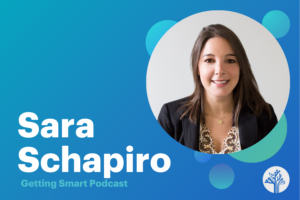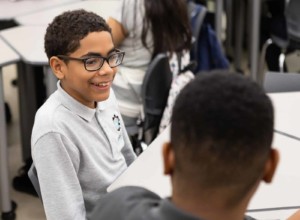South Fayette School District: Leading Educators in Computational Thinking

As we look toward the future and the type of preparation that our students will need, regardless of whether they enter the workforce or pursue a college degree, there are many benefits to helping them to build skills in emerging technologies including artificial intelligence (AI) and computational thinking (CT). Schools are beginning to integrate courses and learning activities into their programs. In Pittsburgh, Montour School District started America’s first public school AI program in 2018 and works in direct collaboration with CMU Create Lab. Montour has continued to build computational thinking as well as design thinking curriculum into their classrooms. Students engage in inquiry-based learning and focus on building skills in critical thinking, creativity, and problem solving through AI and STEAM related learning experiences. Montour stays “student-centered and future focused” by its collaborations with Carnegie Mellon and through membership in the League of Innovative Schools.
As to the benefits of CT in the classroom, it helps students to develop future-ready skills of problem solving, critical thinking, creativity, and communication. It also pushes students to engage in authentic learning that fosters the development of a growth mindset. As someone who didn’t fully understand how CT could be applicable to my work as a language teacher, I enrolled in the ISTE U Computational Thinking course and have also learned by finding schools where CT is being integrated into the curriculum, specific to grade bands or in content areas such as STEM or STEAM.
Another Pittsburgh-based district has been very active in providing opportunities for students to engage in CT and also for supporting educators as they build their skills to work with students. South Fayette School District has developed an extensive program that not only involves students in building their skills in CT, but also provides support for teachers through the professional learning opportunities it offers and its connections with local districts and organizations. SFSD is leading the way integrating computer science and CT into grades K through 8.
Creating a Learning Space for All
A few years ago the South Fayette School District received a PASmart Advancing grant from the PA Department of Education, to build a K-8 CT CS/STEAM pathway in seven underserved rural and urban school districts. The grant is providing for 4,399 students and more than 400 teachers. The grant enabled SFSD to dedicate time to building and implementing their curriculum and providing the necessary training for their teachers. The team built a vertically aligned K-8 CS/STEAM pathway based on the model used in the South Fayette Township School District that can be implemented in other districts. The lessons help educators to address computational thinking competencies and practices, promote student agency, provide classroom management suggestions, and include examples of student artifacts for educators to learn from. What is amazing is that students begin learning about coding in kindergarten.
Through support of the Grable Foundation, SFSD recently offered a virtual learning summit, which included workshops, several ignite talks, and additional resources for free to educators. The CS/STEAM Summer Institute offered professional development presented by SFSD teachers with topics such as Scratch, Python, Hummingbird robots, Micro Bits, Coding, and with a focus on global and real-world applications.
During the summit, I joined in an ignite talk “CS/STEAM Pathways to Share” given by Aileen Owens, Director of Technology and Innovation at SFSD. Her passion for the work being done at SFSD and in regard to CT is clear. She shared the growth of their program and how each grade band focuses on specific skills to help students learn about coding, CT, and more. Owens shared the four throughlines in the vertical alignment of their program: Maker education (artistic expression and creativity); Computational Thinking (including coding in the virtual and physical space); Spatial Reasoning & Discrete Math; and Manufacturing and Design (engineering, human centered design thinking). The goal of these throughlines is to build skills across grade levels and prepare students with essential skills needed to be successful in a digital world.
Learning and Leading
Through their work, SFSD obtained funding by the PA Department of Education to be able to assist seven under-resourced regional schools and help them to build a K-12 vertically-aligned computer science pathway in each of their districts. The purpose is to expand access to high-quality computing education for all. There are eight partnering districts which will be served through this grant and which represent rural, urban, and suburban schools in Pennsylvania. Beyond PA, the district is also implementing a three-year $1,000,000 CSforAll NSF Grant with Digital Promise Global. The goal with this grant is to help two school districts in Eastern Kentucky and greater Appalachia build their K-8 CT CS pathway. There is also an online education platform being developed for Pennsylvania that will facilitate instruction related to Computer Science and STEM education for students in grades K through 8.
Providing support to other educators and schools is clearly a passion for the team at SFSD and inspires the work that Owens does. It is also clear how dedicated the team is to helping others get started with their own programs so that all students have an opportunity to build the essential skills they need. Owens stated:
“I think the important backstory is how school districts are working together to support equity in education. We support and share our curriculum and we provide professional development at no cost to high-needs school districts. The intent is to raise the level of CS for all students K-12. It’s a proof of concept in how schools might collaborate and co-create solutions with the help of educational researchers, university partners, and through the support of foundations and grant providers.”
As we aim to prepare our students for the future, it is important to share our experiences, our learning journeys and our stories with other educators. Through these collaborations we will best be able to provide the right learning opportunities for all students to develop the essential skills they need to be successful.
For more, see:
- South Fayette Schools: A Computational Carnival for Kids
- Building Essential Skills Through Computational Thinking
- Getting Started with Design Thinking
- The Importance of Understanding Technology, Coding & Computational Thinking
Stay in-the-know with innovations in learning by signing up for the weekly Smart Update.






0 Comments
Leave a Comment
Your email address will not be published. All fields are required.